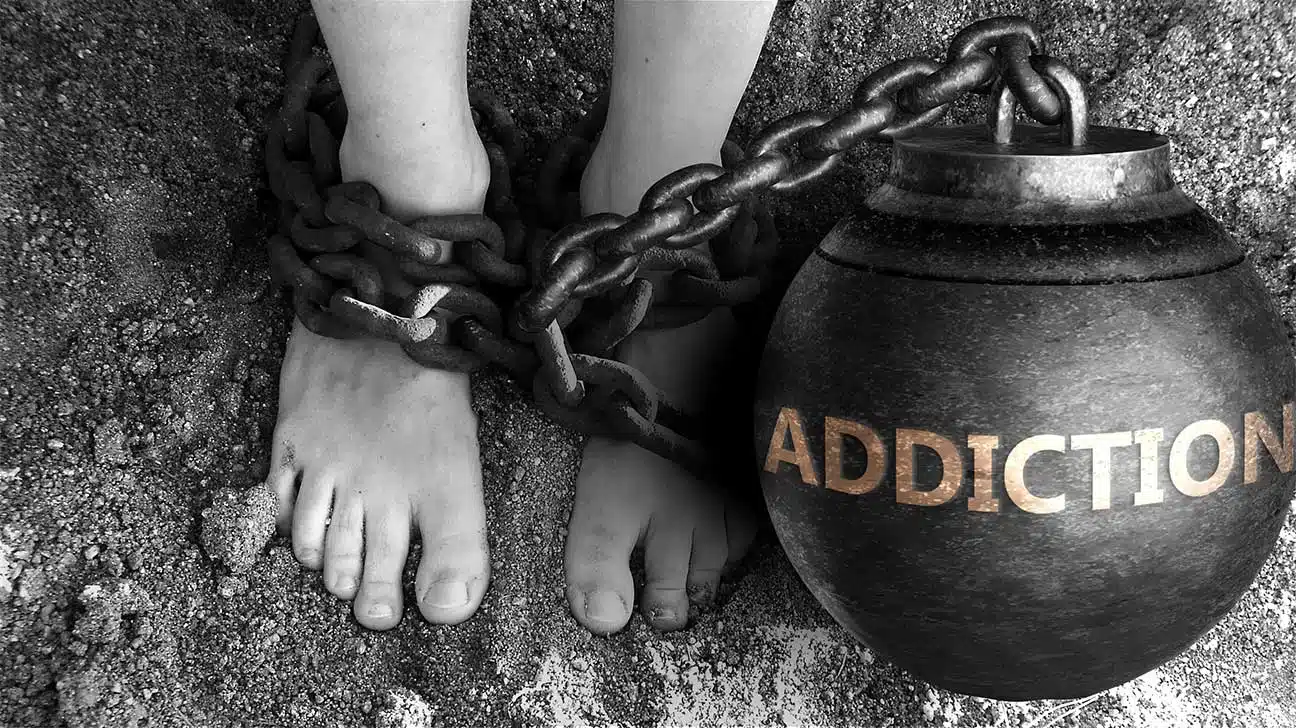
People with substance use disorders may benefit from behavioral health services that include stigma-coping interventions.
Addiction stigma is a result of outdated beliefs about substance abuse that lead to negative attitudes, harmful stereotypes, and inaccurate assumptions about people battling addiction.
A new study from the Boston University Chobanian and Avedisian School of Medicine has found that stigma interventions increase engagement in substance use treatment.
How Stigma-Coping Interventions May Help In Overcoming Substance Abuse
The researchers involved in the recent study engaged with stigma intervention professionals and community organizations to develop anti-stigma group sessions.
These group sessions specifically targeted people with HIV who engaged in recent injection drug use such as shooting heroin, cocaine, methamphetamine, or benzodiazepines.
All participants received regular behavioral health services, but a randomized group also took part in additional two-hour group sessions that addressed stigma coping.
The study found that the group that participated in stigma coping was 23% more likely to engage in substance abuse treatment, compared to 7% of the non-intervention group.
What Is Involved With Stigma-Coping Interventions
Stigma-coping groups may involve counseling services that focus on improving a person’s ability to cope with the negative stigmas commonly attached to addiction.
This type of intervention, while not intended to reduce the shame and fear associated with societal stigma, may increase healthy behavior in people seeking sobriety.
If stigma-coping groups become more commonly available in behavioral health treatment plans there may be fewer instances of addiction relapse and more openness to receiving help.
Causes Of Addiction Stigma
The stigmatization of addiction is a pervasive belief that substance abuse is the result of personal choices that reflect a lack of morals and self-control.
Research funded by the National Institute of Health (NIH) has repeatedly shown that this stigma is damaging to the well-being of people with addictions and interferes with their quality of care.
The NIH surveys illustrate the negative perceptions people have about addiction.
Surveys on stigma have shown:
- three in 10 people believe that addiction recovery is impossible
- over 40% of the people in the survey were opposed to comprehensive health insurance benefits for substance abuse treatment.
- 90% of survey participants stated that they’re unwilling to have a person with a drug or alcohol addiction marry into their family
- respondents are more likely to view discrimination against people with drug addiction as “not a serious problem”
- over half of people thought landlords should be allowed to deny housing to a person with a drug addiction
Effects Of Stigma On Drug And Alcohol Addiction Treatment
Perhaps the most damaging effect of addiction stigma is that it encourages society to treat substance abuse as a moral and criminal issue, as opposed to a public health problem.
Many people with substance use disorders are dissuaded from seeking addiction care due to the negative stigma attached to treatment.
The National Survey on Drug Use and Health has shown that only one in 10 people with addiction received treatment at a rehab program, and 60% who said they needed treatment made no effort to get it.
Additional Ways To Reduce The Stigma Of Addiction
While stigma-coping groups may be one effective way in combating addiction stigmatization, there are a number of ways that society as a whole can help dismantle stigma.
One of the most effective methods in reversing drug abuse stigma is by revising the words and terms commonly used to describe addiction and the people affected by it.
For example, instead of using words such as “addict”, “junkie”, or “user” to describe people battling an opioid addiction, try referring to “a person with an opioid use disorder” instead.
Over time, changing the way people talk about drug addiction and treatment may help more people feel empowered to get the help they need.
Substance Use Disorder Treatment Services
There are a number of effective evidence-based treatment options for people seeking addiction recovery.
Drug and alcohol rehab programs may include:
- medically monitored detox
- medication-assisted treatment (MAT)
- dual diagnosis treatment for co-occurring mental health disorders
- 12-step programs such as Alcoholics Anonymous for alcohol addiction
- behavioral therapies such as cognitive behavioral therapy (CBT)
- holistic therapies for addiction
Find An Addiction Recovery Program Today
For more information about addiction treatment centers reach out AddictionResource.net today.
Addiction Resource aims to provide only the most current, accurate information in regards to addiction and addiction treatment, which means we only reference the most credible sources available.
These include peer-reviewed journals, government entities and academic institutions, and leaders in addiction healthcare and advocacy. Learn more about how we safeguard our content by viewing our editorial policy.
- National Institute of Health (NIH)
https://www.ncbi.nlm.nih.gov/pmc/articles/PMC4285770/ - National Institute of Health (NIH)
https://www.ncbi.nlm.nih.gov/books/NBK384923/ - Newswise
https://www.newswise.com/articles/stigma-coping-intervention-empowers-people-with-hiv-and-drug-use-to-engage-in-health-substance-use-care

